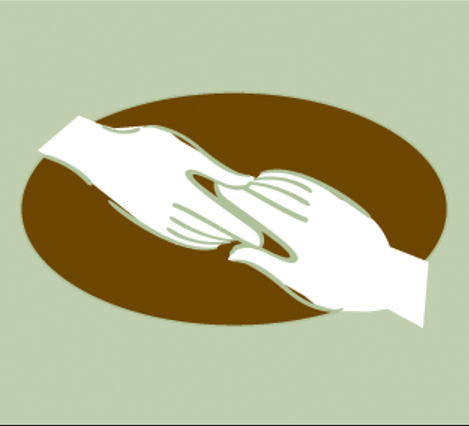
Back in December, I promised to share information about the remaining four types of Depression.
Phew, that was a long time ago. LOL I try to practice what I preach and my time management has been a bit off.
As a reminder, in the last post of Thursday Thoughts on Mental Illness I discussed Disruptive Mood Dysregulation Disorder, Major Depression Disorder, Persistent Depressive Disorder (Dysthymia), and Premenstrual Disorder.
That brings us to:
Substance/Medication-Induced Depressive Disorder
This diagnosis applies when depression developed during or soon after intoxication, withdrawal, or exposure to a substance or medication. In these situations, there needs to be evidence the Depression cannot be attributed to a non-substance related situation.
Depressive Disorder Due to Another Medical Condition
This diagnosis is used when depression is specifically caused by the physiological effects of another medical condition. Common medical conditions include Huntington’s disease, Parkinson’s disease, a stroke, or a TBI (traumatic brain injury).
Other Specified Depressive Disorder
This diagnosis is used when there are several symptoms of depression that cause impairment in social, occupational/school, or other critical areas of functioning but there are not enough symptoms to qualify for one of the other diagnoses in the Depression category.
Unspecified Depressive Disorder
This is similar to other specified depressive disorder, yet the clinician might not have enough information and wants to gather more information before giving another diagnosis.
I just realized it would be helpful to talk about why we use diagnoses as a profession. I’ll share my understanding and thoughts with you next time on Thursday Thoughts on Mental Illness.

Transforming Relationships From the Inside Out




